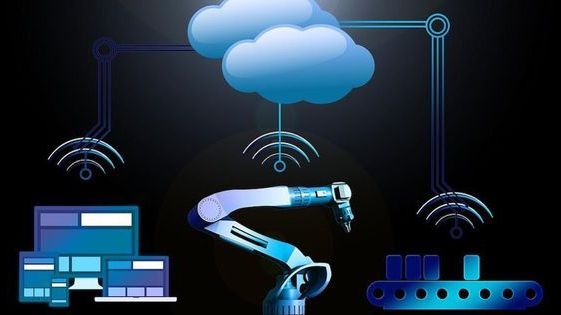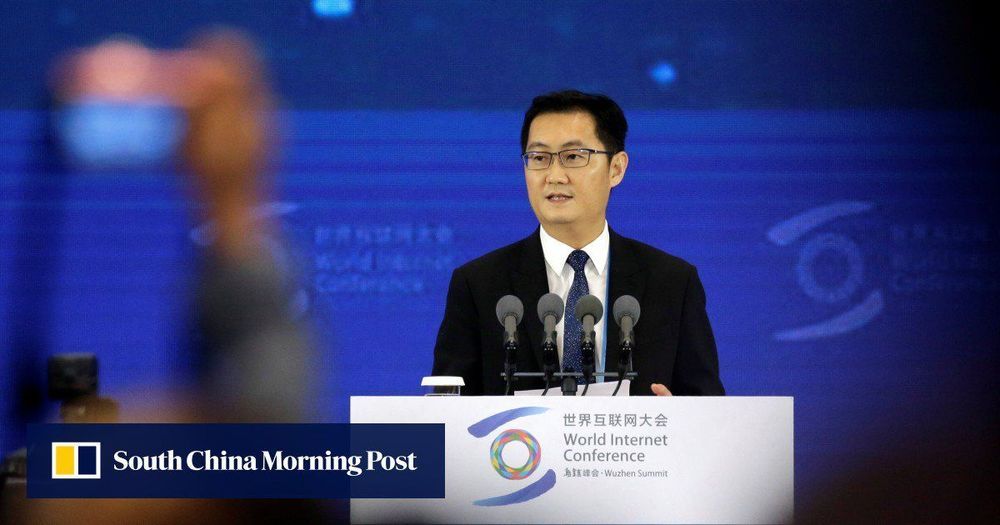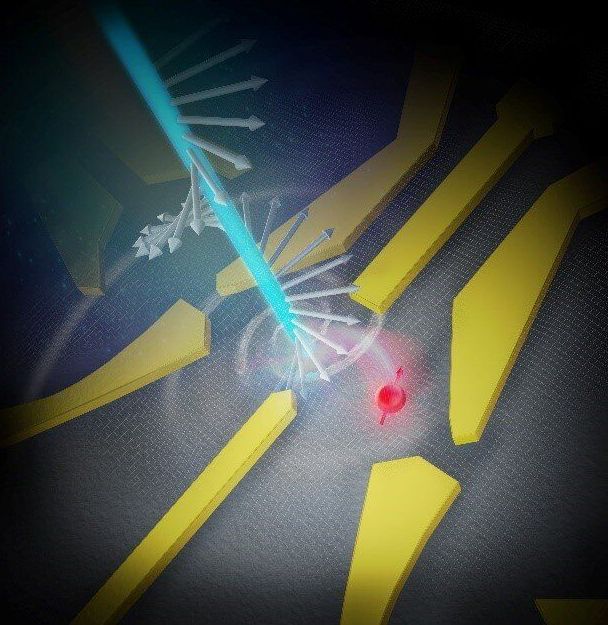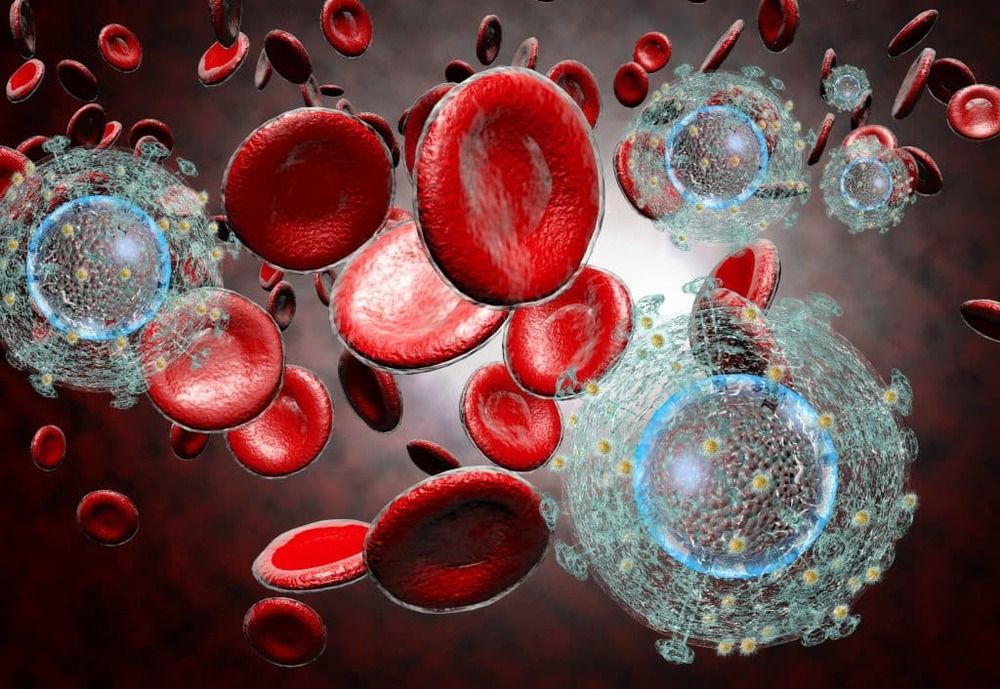A group of security researchers has found that some cameras are vulnerable to ransomware attacks via Wi-Fi or hijacked computers (using the USB connection) that can render a camera and its photos entirely usage until a sum of money is paid to the hackers.
Check Point Software Technologies has shown (as seen in the video above) that Canon DSLRs (it’s not clear if other cameras are also affected) are susceptible to ransomware attacks, an increasingly common exploitation in which a hacker disables a device until the owner pays a ransom to regain control. As more and more electronics gain internet connectivity, these attacks are becoming more common, particularly since manufacturers typically don’t put the same sort of effort into fortifying the network security of small electronics as they do into computers. Canon released a statement in which they offered some barebones tips to avoid being susceptible to these attacks and noted that there have been no known instances of such an attack occurring. They did not indicate whether they plan to fix the vulnerabilities through firmware updates, so it probably doesn’t hurt to be a bit more careful to protect your photos.








